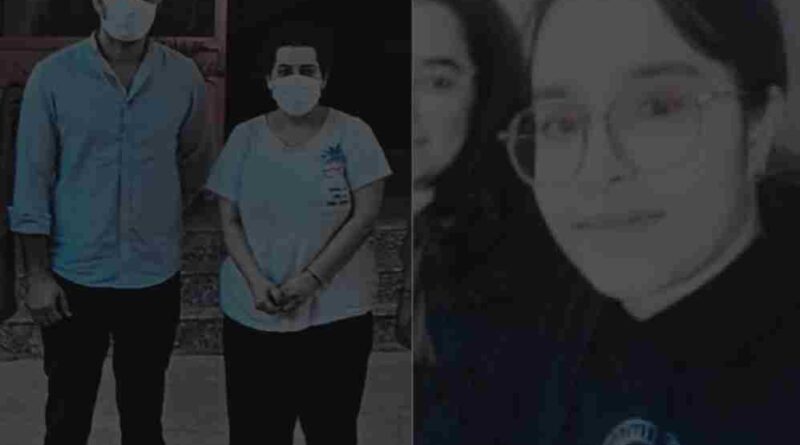Three More Faculty Suspended as Sharda University Faces Heat Over Student Suicide
The tragic suicide of a first-year B.Tech student at Sharda University has taken a more serious turn, as the administration has now suspended three additional faculty members pending investigation. This development marks a deepening of the internal probe that was launched following the student’s death earlier this month, a loss that has shaken the university community and raised difficult questions about accountability, student well-being, and institutional oversight.
The 22-year-old student, whose name is being withheld out of respect for the family’s privacy, had been found dead in his hostel room earlier in July. His sudden death sparked outrage among students and on social media, as classmates began to speak out about the mounting academic pressure and alleged mistreatment some claimed to face from certain faculty members.
While university officials were initially cautious in their response, the tide began to shift after the student’s family filed a formal complaint. According to them, the young man had been subjected to persistent academic harassment and emotional distress in the lead-up to his death. In light of those allegations, the university had earlier suspended a faculty member believed to be directly involved. Now, three more staff members have been temporarily relieved of their duties, widening the scope of scrutiny.
A senior university official confirmed the latest suspensions, stating that these were precautionary measures pending the outcome of an internal inquiry. “We are cooperating fully with authorities and have constituted an independent committee to examine every detail,” the official said. “We owe it to our students and their families to ensure that our campus remains a safe and supportive environment.”
The police have also stepped in, launching their own investigation to determine whether abetment to suicide charges may be applicable. Statements have been taken from several classmates, faculty members, and administrative staff. Early indications suggest the student had expressed feelings of isolation and academic despair in private conversations, and his parents allege that he had repeatedly sought help to no avail.
The case has sparked wider debates on mental health in higher education institutions across the country. Many students at Sharda University and beyond are now calling for more robust mental health support systems, including accessible counseling, regular check-ins, and better grievance redressal mechanisms for academic complaints.
On campus, a mix of grief and tension lingers. Students have held vigils and silent protests, demanding transparency from the administration and justice for their departed peer. “We don’t want this to be swept under the rug,” said a second-year student. “It’s not just about punishing individuals—it’s about changing how students are treated when they’re struggling.”
Parents, too, have joined in the calls for reform, emphasizing the urgent need for educational institutions to prioritize emotional well-being alongside academic performance. “Our children are not just grades on a paper,” said one parent who attended a recent campus meeting. “They need to be heard, guided, and supported.”
Sharda University has since announced plans to strengthen its student support infrastructure, including hiring more counselors and initiating mental health awareness campaigns. However, critics argue that such promises are reactive and should have been standard long before tragedy struck.
As the investigation continues, the spotlight remains firmly on the university’s leadership, its faculty practices, and the overall culture of academic pressure. For now, the suspensions offer a glimpse of accountability, but for many, they are only the beginning.
The young man’s death has left a wound that no administrative action can easily heal. What remains to be seen is whether this painful moment will lead to lasting change—or be yet another forgotten headline in a system that too often fails its most vulnerable.
Disclaimer
The information and content shared on digitalgithub.com — including articles, blogs, news, guides, and other resources — is intended for general informational and educational purposes only. We do not guarantee the completeness, reliability, or suitability of any information. Always seek the guidance of a qualified professional before making decisions based on the information you read. Use this site at your own risk.

